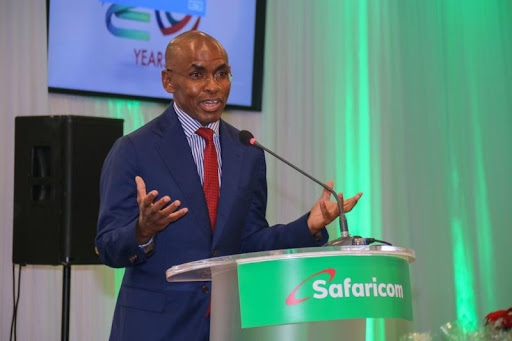The race to develop a Covid-19 vaccine has intensified, with three competitors from the UK, China and Germany releasing promising results this week.
Each said their vaccine could be available for limited use by the end of this year.
One of the three is a UK experimental vaccine that was to be tested partly in Kenya in May. Investigators pulled back following widespread hullabaloo over French scientists who said Africans should be used as guinea pigs.
On Monday, the Lancet journal reported the vaccine — by University of Oxford and drugmaker Astrazeneca — had proved safe and produced an immune response in early-stage clinical trials in healthy volunteers.
Kenyan scientists said the earliest any of the three vaccines, if successful, would be available to the public is next year.
The three must jump the next phase, III stage, which is the most critical - proving they can protect against coronavirus, and how long that immunity lasts.
The second vaccine, according to results in the Lancet journal, is a Chinese candidate developed by CanSino Biologics Inc and a military research unit, which is safe and produces strong immune reactions.
The third in the race is a German candidate by drug giant Pfizer and the German company BioNTech.
The Lancet said phase III final trials are needed to confirm whether any of the vaccine candidates effectively protects against SARS-CoV-2 infection.
"We need more research before we can confirm the vaccine effectively protects against SARS-CoV-2 infection, and for how long any protection lasts," University of Oxford study lead author Andrew Pollard said.
Phase III trials test how well a drug or vaccine works.
To do this, scientists give the vaccine to thousands of people and see how many are infected, compared with volunteers who received a placebo (a substance that has no therapeutic effect usually used as a control in testing new drugs).
After this, regulators in each country review the trial results and decide whether to approve the vaccine or not.
The Ebola vaccine was authorised for emergency use even before it got formal approval.
Head of Medical Services at Nairobi's MP Shah Hospital Dr Vishal Patel told the Star in the absence of a vaccine, patients are only getting therapies to treat symptoms.
"We are giving some of the treatment modalities that have been seen effective in other areas where studies are being done in countries which have a significant burden of Covid," he told the Star.
"So we're treating our severe cases with a steroid called dexamethasone."
Separately, global public health expert Dr Richard Muia said until a vaccine is available, the best Kenyans could do is prevention.
"Our orientation is preventive health, which is much cheaper. We can't keep on building hospitals," he said.
Statistician Prof Gichuhi Waititu said, "With the current trend of infections, the earliest time Kenya will reach its peak is around September 2020."
"The focus now should be on the level of preparedness by the county governments in implementing the MoH guidelines and the availability of functioning and Covid-19 equipped hospitals."
Waititu is a professor of statistics at the Jomo Kenyatta University of Agriculture and Technology.
Edited by A.N









